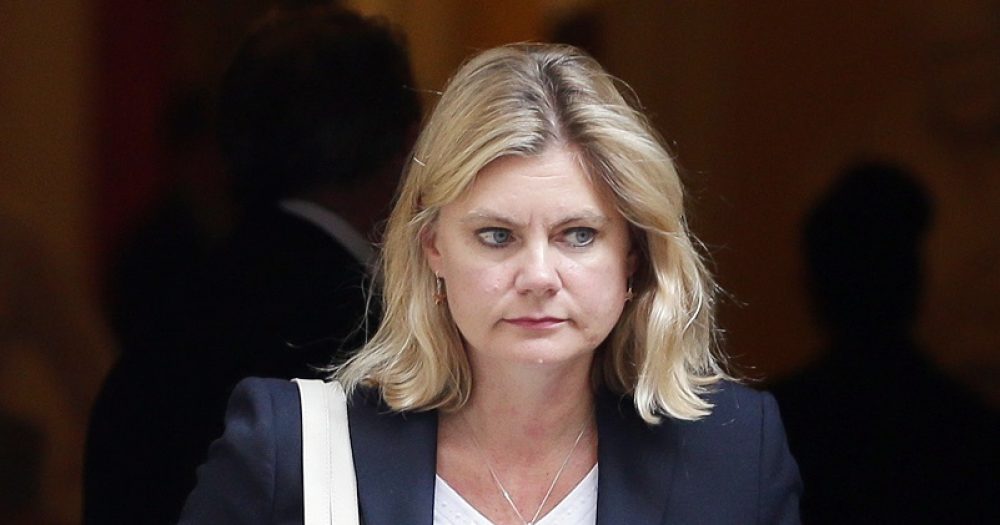The government has brought local authorities back into the fold as part of new “sub-regional improvement boards” set up to advise school commissioners on struggling schools.
The structure, which Schools Week has learned involves four sub-regional improvement boards in each regional schools commissioner area, gives a clue to what education secretary Justine Greening (pictured) had in mind when she said this week the government would move away from a “purely punitive intervention approach”.
However, there are concerns the move ends the “school-led improvement” system favoured by government since 2010 in favour of a more centralised approach.
Each of the new boards will have members from across local councils, teaching schools, dioceses and the ranks of academy trust chief executives to advise regional school commissioners (RSCs) on improvement strategies for failing schools.
It’s understood Greening has bought into the vision of attempting to prevent failure in schools, rather than just intervening in those after they have failed.
As Schools Week reported last week, more than 700 schools have been taken over in the past three years following dips in their performance and have yet to be re-rated.
Greening told a conference on social mobility that she wanted a “culture of the right support” for failing schools.
The new boards will be integral to this, but will only advise the RSCs who chair the group – not make formal decisions about interventions.
A newsletter issued by the Teaching Schools Council South West in March, however, suggests that the boards will have a say which schools will receive grants from the new £140 million strategic school improvement fund.
The boards also seem to be a formalisation of the “sub-regional” events many RSCs have been running for the past few years – where councils, schools and diocese staff met to talk through improvement plans.
Boards should have a more developmental agenda rather than just focus on targeting schools that were failing
The more official plans, however, are the brainchild of the national schools commissioner, Sir David Carter, who first floated the idea while he was RSC for the south west.
In a submission to the education selection committee in 2015, he wrote that he wanted to develop four advisory boards to “build on the expertise and knowledge that our headteacher board has provided”. He said they would help “provide further input at a sub-regional level and to help shape strategic development” across the south west.
Though a focus on improvement, rather than simply firing academy trusts, is supported by many in the schools community, others have raised concerns about accountability and autonomy – with RSCs moving more into the realm of commissioning support.
Robert Hill, an education adviser, said it needed to be clear who would be held accountable should the improvement support fail, in what he described as a “big expansion in the remit of RSCs”.
He “broadly welcomed” the idea of such boards, although it could herald the end of the school-led system with improvement efforts instead steered in a more centralised way so “people don’t fall through the cracks”.
He also said the boards should have a more “developmental agenda”, rather than just focus on targeting schools that were failing.
It’s expected the RSC will be responsible for appointing board members, but this has not been confirmed.
The focus on providing support to failing schools follows similar sentiments from Greening.
On Wednesday, she said the strict accountability system was putting teachers off working in the toughest schools, adding that the two “crucial” objectives of transparency and school improvement needed to “marry up” better, particularly in regions that had the most struggling schools.
More information will be available soon on the sub-regional improvement boards, which are still in the process of being established, Schools Week understands.
A spokesperson for the Department of Education said the sub-regional improvement boards were part of “ongoing plans” to bring together “local intelligence” from different educational organisations to look at their improvement priorities.








Is this a forward move or a backward move? Is the Government lost? Is the Lady for turning?